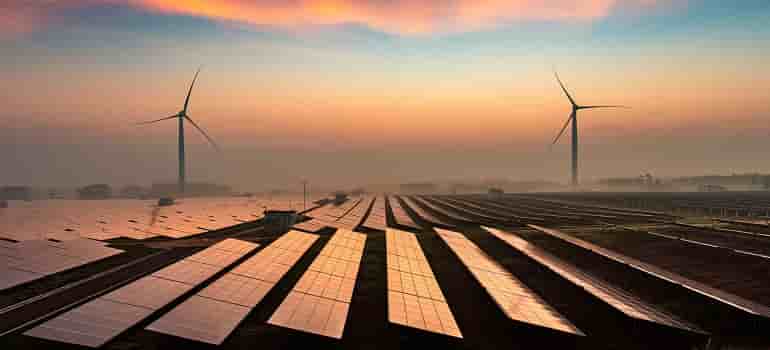The Central Electricity Authority (CEA) has unveiled a bold vision for India’s power sector, aiming to achieve a sustainable and technologically advanced energy landscape by 2047. The plan emphasizes a significant shift towards renewable energy sources to meet the country’s growing energy demands while addressing climate change concerns.
Key Highlights of the CEA’s Vision:
- Renewable Energy Expansion: India aims to increase its non-fossil energy capacity to 500 GW by 2030, doubling its current capacity. This ambitious target aligns with the country’s commitment to reducing carbon emissions and achieving net-zero emissions by 2070.
- Grid Modernization: The CEA plans to invest heavily in grid infrastructure to accommodate the integration of large-scale renewable energy sources. This includes expanding transmission lines and incorporating advanced storage technologies like battery energy storage systems and pumped storage plants.
- National Electricity Plan: A comprehensive plan outlining the necessary steps to achieve the government’s energy transition goals has been developed. This plan includes strategies for integrating renewable energy, addressing grid challenges, and supporting the development of green hydrogen and green ammonia industries.
- Skill Development: The government recognizes the need for a skilled workforce to support the modernization of the power sector. It plans to invest in training and development programs to equip professionals with the necessary skills to manage and operate a 21st-century energy system.
Government Support: The Indian government has pledged its support to the CEA’s vision, emphasizing the importance of a sustainable and reliable power sector for the country’s economic growth and development. Ministers from the Power and New & Renewable Energy ministries have expressed their commitment to providing the necessary policy framework and financial incentives to drive the transition to clean energy.
The CEA’s ambitious plan represents a significant step towards India’s goal of becoming a global leader in renewable energy. By investing in renewable technologies and grid modernization, the country can not only reduce its carbon footprint but also create new economic opportunities and improve energy security.


